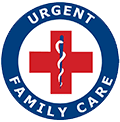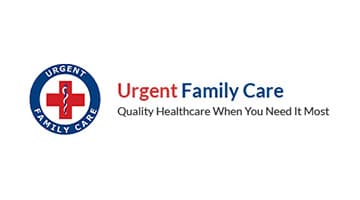Today, the U.S. Food and Drug Administration issued an emergency use authorization (EUA) to Yale School of Public Health for its SalivaDirect COVID-19 diagnostic test, which uses a new method of processing saliva samples when testing for COVID-19 infection.
“The SalivaDirect test for rapid detection of SARS-CoV-2 is yet another testing innovation game changer that will reduce the demand for scarce testing resources,” said Assistant Secretary for Health and COVID-19 Testing Coordinator Admiral Brett P. Giroir, M.D. “Our current national expansion of COVID-19 testing is only possible because of FDA’s technical expertise and reduction of regulatory barriers, coupled with the private sector’s ability to innovate and their high motivation to answer complex challenges posed by this pandemic.”
“Providing this type of flexibility for processing saliva samples to test for COVID-19 infection is groundbreaking in terms of efficiency and avoiding shortages of crucial test components like reagents,” said FDA Commissioner Stephen M. Hahn, M.D. “Today’s authorization is another example of the FDA working with test developers to bring the most innovative technology to market in an effort to ensure access to testing for all people in America. The FDA encourages test developers to work with the agency to create innovative, effective products to help address the COVID-19 pandemic and to increase capacity and efficiency in testing.”
SalivaDirect does not require any special type of swab or collection device; a saliva sample can be collected in any sterile container. This test is also unique because it does not require a separate nucleic acid extraction step. This is significant because the extraction kits used for this step in other tests have been prone to shortages in the past. Being able to perform a test without these kits enhances the capacity for increased testing, while reducing the strain on available resources. Additionally, the SalivaDirect methodology has been validated and authorized for use with different combinations of commonly used reagents and instruments, meaning the test could be used broadly in most high-complexity labs.
Yale intends to provide the SalivaDirect protocol to interested laboratories as an “open source” protocol, meaning that designated laboratories could follow the protocol to obtain the required components and perform the test in their lab according to Yale’s instructions for use. Because this test does not rely on any proprietary equipment from Yale and can use a variety of commercially available testing components, it can be assembled and used in high-complexity labs throughout the country, provided they comply with the conditions of authorization in the EUA.
This is the fifth test that the FDA has authorized that uses saliva as a sample for testing. Testing saliva eliminates the need for nasopharyngeal swabs, which have also been prone to shortages, and alleviates the patient discomfort associated with these swabs. Since the saliva sample is self-collected under the observation of a healthcare professional, it could also potentially lower the risk posed to healthcare workers responsible for sample collection. While FDA has seen variable performance in tests using saliva, Yale School of Public Health submitted data with its EUA request from which the FDA determined that Yale’s test meets the criteria for emergency authorization when used to test saliva samples for SARS-CoV-2, the virus that causes COVID-19 infection.
The FDA, an agency within the U.S. Department of Health and Human Services, protects the public health by assuring the safety, effectiveness, and security of human and veterinary drugs, vaccines and other biological products for human use, and medical devices. The agency also is responsible for the safety and security of our nation’s food supply, cosmetics, dietary supplements, products that give off electronic radiation, and for regulating tobacco products.

